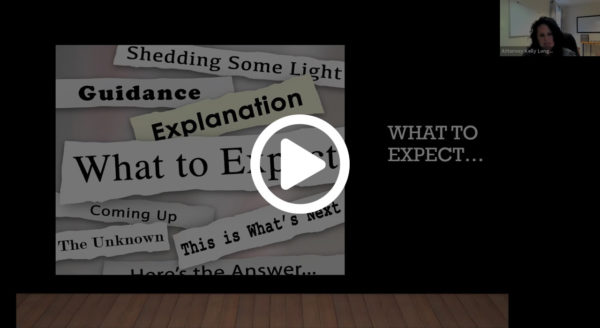Who are the parties in a trust? There are only three parties to a trust, and that’s all you need to know:
1) Trustor: This refers to the person who created the trust and put their assets into it (think “creator”).
2) Trustee: This is the person whom the creator of the trust chooses to have manage all of the assets in the trust (think “manager”).
3) Beneficiaries: These are the lucky people who get to benefit from all of the assets in the trust (think “lucky people”).
How Trusts Work
Trust-based estate plans are being implemented more and more by all of the ladies out there, whether they are single, divorced, widowed, or married. There are very good reasons for this, which I’ll get into.
A trust is simply a contract, just like the contract a consumer has with their cell phone or cable company. In a contract, the rights and responsibilities of the parties involved are clearly defined, and in a trust, the creator gets to define all of the responsibilities of everyone involved (e.g., who will manage their affairs in the event of incapacitation or death, to whom the monies and other assets will go, etc.)—WITHOUT having the courts involved. Since a trust is a contract, it is governed by contract law, so there is no need for a judge to be involved.
Most women want to make it as easy as possible for their family and children after they pass away, and they don’t want their family to have to go through the probate process in order to inherit. This is why most women choose to set up a trust while they are alive: they want to make sure that they protect their loved ones from unnecessary risks and expenses.
One of the most powerful benefits of a trust is that, unlike a will, a trust doesn’t have to die with the person. In other words, assets can stay in the trust and be managed by the selected trustee until the beneficiaries reach the age(s) at which the creator of the trust wants them to receive their inheritance.
For all of us moms, we know that no matter what we do as parents, none of our children turn out the same … and oh, what different personalities they have! One child may be introverted and the other extroverted; one book smart and the other good with their hands or amazingly creative; one financially responsible and the other not.
The creator of a trust has the ability to leave each child their inheritance in such a way as to specifically address that child’s individual and unique concerns, and protect their inheritance from certain life events that they might one day encounter, such as divorce, creditor issues, and/or just the fallout from poor decision making.
There are different types of trusts that are used in estate planning, but for our purposes here, I am telling all you ladies to focus on the most common type of trust: the revocable trust (also called a revocable living trust). A revocable trust is such an amazing estate planning tool; it allows a person to manage all of their assets the same way they always have (e.g., they can buy, sell, or trade them), and there are no negative tax implications or any reason to file taxes any differently during the creator’s lifetime. Last but perhaps most importantly, a revocable trust ensures that the creator’s loved ones will not have to deal with the courts. Amazing!
For more information on Estate Planning For Women In Massachusetts, an initial consultation is your next best step. Get the information and legal answers you are seeking by calling (978) 566-3500 today.

